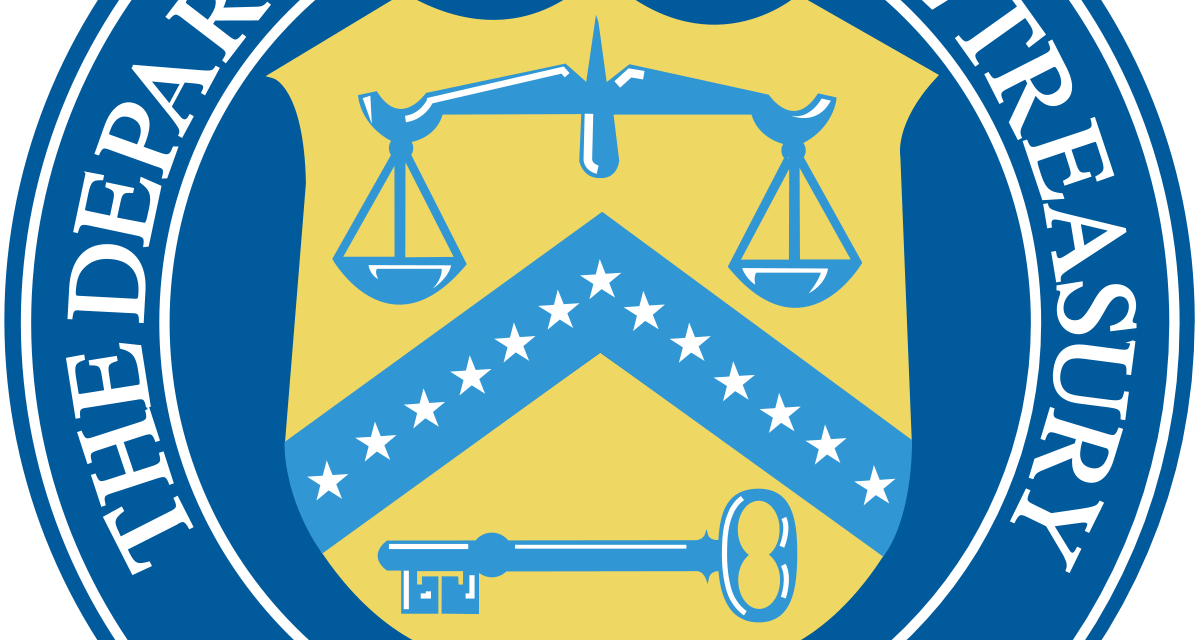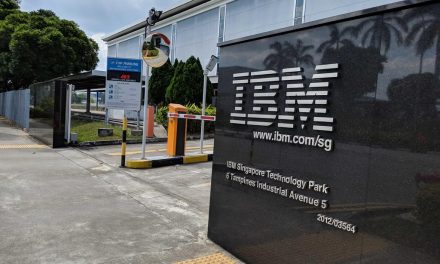Department of Treasury
19 January 201
The Office of Foreign Assets Control (OFAC) of the US Department of the Treasury administers and enforces economic and trade sanctions based on US foreign policy and national security goals against targeted foreign countries and regimes, terrorists, and , those engaged in sanctioned activities.
On 30 December 2020, Department of the Treasury released a statement that OFAC had entered into a settlement of $ 98,830 with BitGo, Inc., a Silicon Valley company that offers “non-custodial secure digital wallet management services” for blockchain currencies. But it failed to prevent users in countries subject to US sanctions from using its services. Treasury stated that BitGo failed to implement IP address blocking to prevent those in sanctioned countries from using its services.
Between approximately 10 March 2015 and 11 December 2019, BitGo processed 183 digital currency transactions, totalling $9,127.79, on behalf of individuals who, based on their IP addresses, were located in sanctioned jurisdictions. BitGo faces potential civil liability for these violations of multiple sanctions programs (the “Apparent Violations”).
At the time of the Apparent Violations, BitGo tracked its users’ IP addresses for security purposes related to account logins. BitGo, however, did not use this IP address information for sanctions compliance purposes.
Prior to April 2018, users of Bitco’s wallet services needed to provide only a name and email address. However in April 2018, it required all new account holders to also verify the country in which they are located. But BitGo did not authenticate the country where they were located with independent verification.
However, after learning of the Apparent Violations, in January 2020, BitGo hired a Chief Compliance Officer and implemented its new methods to implement abidance by the US sanctions and it undertook significant remedial measures. Because of this, according to OFAC, they were lenient with this company. But even then the penalty was 10 times the gross invoice value.
OAFC wants this to be a warning to future offenders. Therefore future developers of products that permit in-app purchases or intranet-app transactions, or any activity that might violate US sanction will have to be very careful in selling their products on the internet market.
Source: Department of Treasury.















